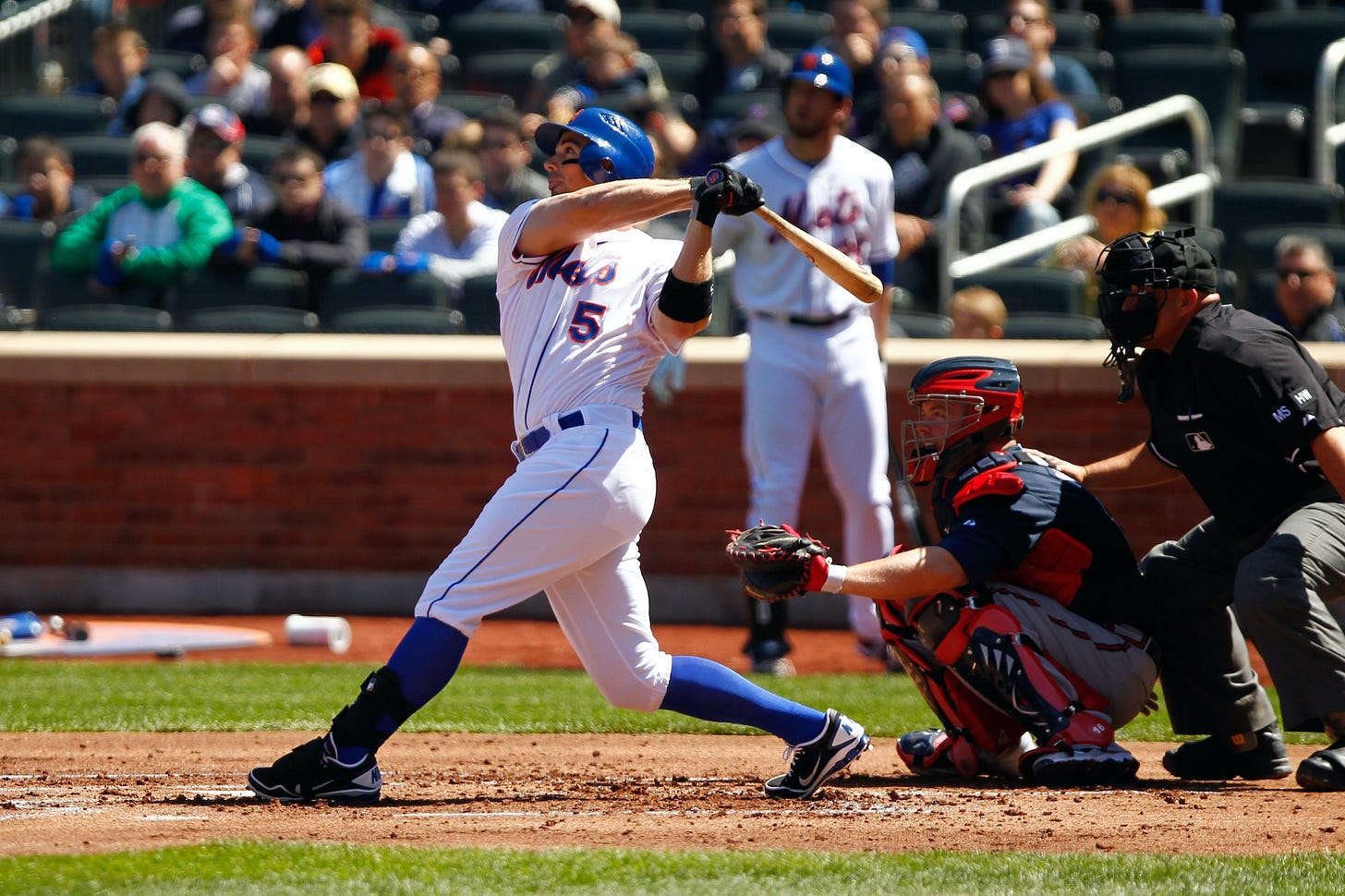When is in-play not in play?
Plus: Fanatics' ecommerce plan is broken up, Kindred's sale plans and an MLS player in an overseas match-fixing investigation.
Happy Friday and welcome to your weekly roundup! The data on in-play markets is fascinating. What’s next for Fanatics’ big roll out? And how will MLS handle a brewing scandal? If you enjoy reading this, please subscribe or share it with a friend. Have a great weekend…
In-Play Uptime
Suspensions: In-play markets or micro-markets are one of the fast growing areas in sports gaming today. But having constant, real-time markets is not easy. Problems can result in markets being pulled down. That’s worse than when it happens with pre-game markets, because customers are following during the game and expect markets to be live throughout.
Different operators have widely different strategies on how to manage this. That resulted in very different outcomes during the Super Bowl this year, according to a deep analysis by Earnings+More of USAbility data.
This year’s game was a good test case for in-play markets since it was a quickly moving, action-filled game. Some operators tried to keep risk low by suspending markets often, while others were more aggressive and tried not to suspend markets at all. Others appeared to suspend markets only when risk or liability grew too high.
Overall this market is still emerging and operators are trying to figure out what works best, while assessing how their systems perform in high-pressure, big stakes games. It’s clear that there’s a wide range of technology and business strategy involved. Here’s some of the operator break-down from Earnings+More:
FanDuel had the most suspensions—seeming to try to lower its risk—but also had the lowest average suspension time.
Barstool, Unibet and Kambi had a similar lower-risk in-play strategy, with suspensions often for certain types of plays, and also had the the longest duration of suspension of 45 minutes.
Caesars had fewer suspensions but the average time was longer. Caesars had some long suspensions that may have been due to technical issues or topping liability limits in the second half.
BetMGM had the lowest total availability and took the longest to unsuspend markets after big plays or complex game situations.
DraftKings meanwhile had the most aggressive strategy, and only suspended key markets for close to 2 minutes during the game.
Market Movers
What next for Fanatics? Fanatics had a big plan for its sport betting app—cross promotion on its popular ecommerce site. But Fanatics now says it has dropped a promotion for bonus bets for customers who purchase hats, jerseys and the like, after a request from the Ohio Casino Control Commission. Meanwhile, Fanatics is waiting for its agreement to acquire PointsBet to be finalized, which will eventually result in it adding 14 more states.
Handle tax: Tennessee hsa passed a law to tax sports betting based on a 1.85% tax on handle instead of the previous 20% tax on gross gaming revenue.
Overheard
How did FanDuel reach its dominant position in the market? It "benefited from a competitive field that was hampered by various challenges, including fumbled M&A integrations, inefficient partnerships, [and] diluted focus." — Chris Grove, Acies Investments.
What we’re Reading
Kindred is looking to speed up its plan to sell its business after several C-level executives resigned.
One current MLS player and another former MLS player are caught up in a match-fixing investigation in Brazil. Prosecution in the U.S. is possible, the AP reports.
About 58% of college students had made at least one bet in the last year, according to an NCAA study.
Two University of Cincinnati baseball coaches were fired for failing to report a player’s parent betting on games.
Minnesota’s sports betting bill will wait another year.
1,600 DraftKings accounts were hacked and drained of $600,000 last year, according to the FBI.
BetCrunch is sponsored by InPlay Innovation:
InPlay Innovation is the leader in AI-powered sports betting. Fully automated micro-markets, odds origination, and risk management.
Data Point
$21 billion: The total all-time handle from Pennsylvania sports betting, making it fifth among U.S. states. Sportsbook revenue was up 5% in April from the year-ago period.
Thanks for reading!

